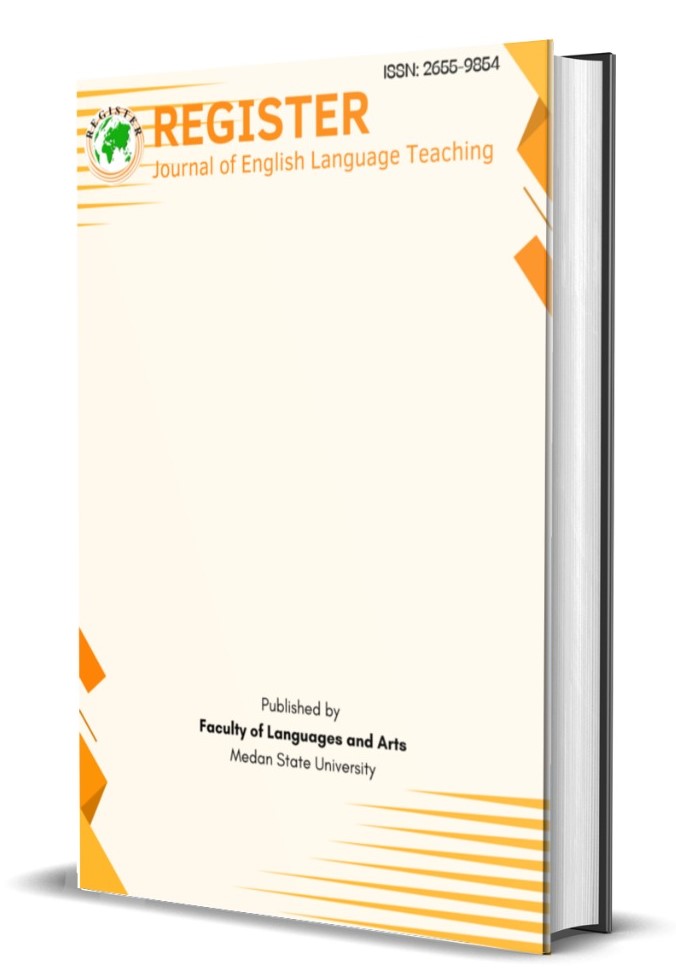PRAGMATICS STRATEGIES IN MEMES: A STUDY OF HUMOR AND SOCIAL COMMENTARY IN ONLINE CULTURE
DOI:
https://doi.org/10.24114/reg.v14i2.64482Abstract
This research investigates the role of memes as a communication tool in Indonesia, particularly focusing on their ability to convey social and political criticism through humor. Memes have emerged as a significant medium for expressing public opinion and fostering discourse on national issues. Utilizing a qualitative approach, the study analyzes 15 memes collected from social media platforms such as Instagram, TikTok, and Twitter. The analysis employs two pragmatic theories: Implicature Theory and Speech Act Theory, to explore the underlying meanings and social implications of these memes. Findings reveal that memes not only entertain but also engage audiences in critical discussions about societal challenges, reflecting a growing trend of using humor as a means of social commentary. This study contributes to the understanding of meme dynamics in non-Western cultures and highlights their potential in shaping public discourse.Downloads
Published
Issue
Section
License
Copyright (c) 2025 Rana May Zuhra, Puspita Maharani, Rahayu Wulandari, Hawa Alfina Salsabila, Deasy Yunita Siregar

This work is licensed under a Creative Commons Attribution-NonCommercial-ShareAlike 4.0 International License.
Authors who publish with this journal agree with the following terms:
- Authors retain copyright and grant the journal right of first publication with the work simultaneously licensed under a Creative Commons Attribution License that allows others to share the work with an acknowledgment of the work's authorship and initial publication in this journal.
- Authors are able to enter into separate, additional contractual arrangements for the non-exclusive distribution of the journal's published version of the work (e.g., post it to an institutional repository or publish it in a book), with an acknowledgement of its initial publication in this journal.
- Authors are permitted and encouraged to post their work online (e.g., in institutional repositories or on their website) prior to and during the submission process, as it can lead to productive exchanges, as well as earlier and greater citation of published work (See The Effect of Open Access).
- This work is licensed under a Creative Commons Attribution-ShareAlike 4.0 International License.








